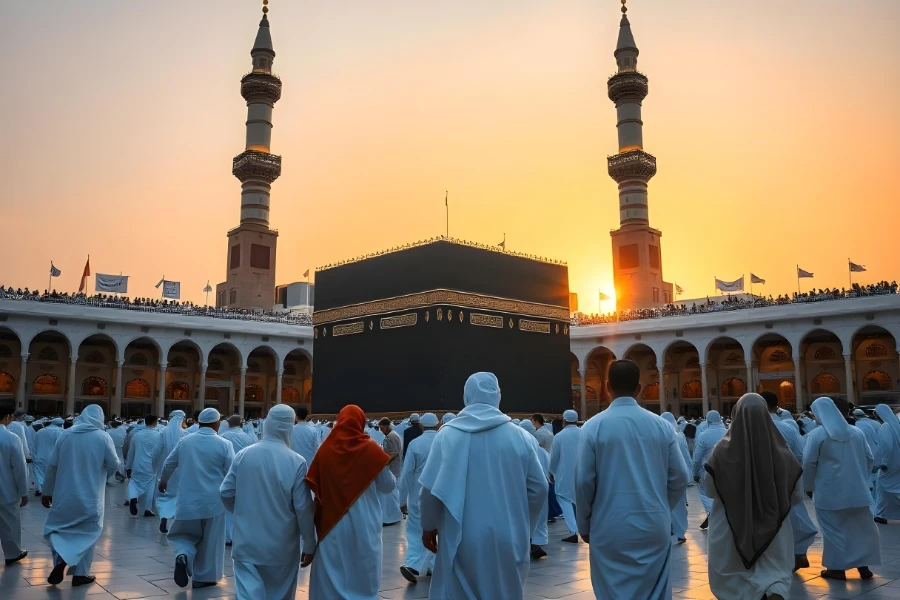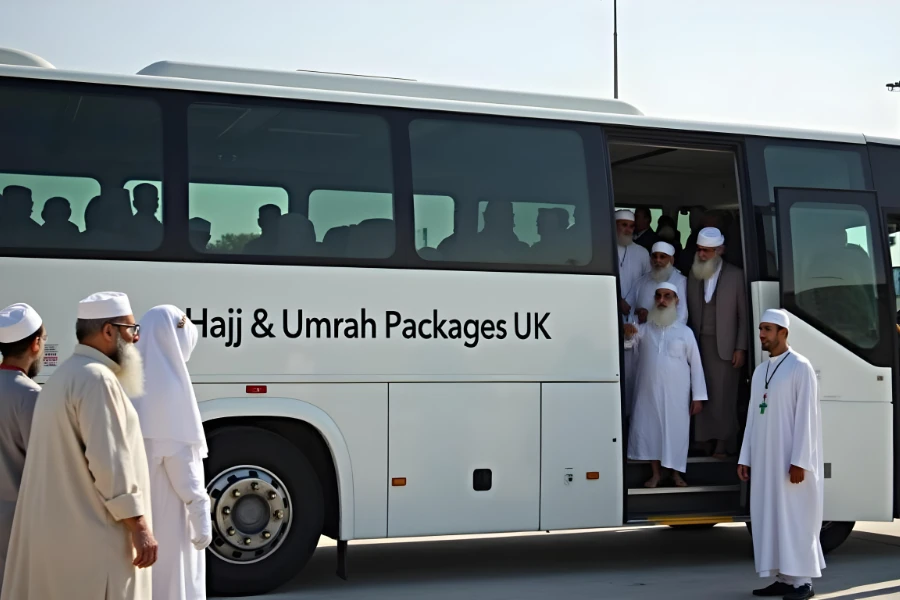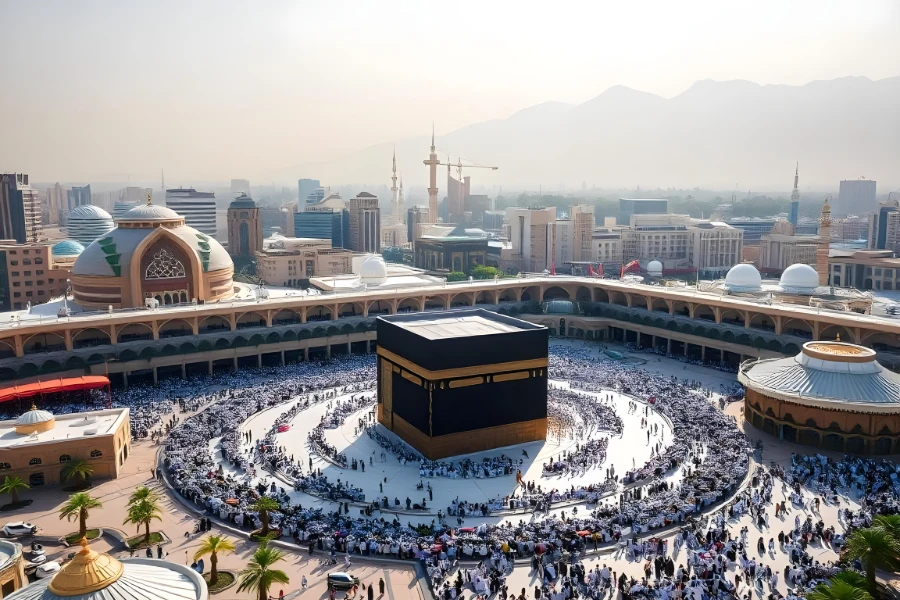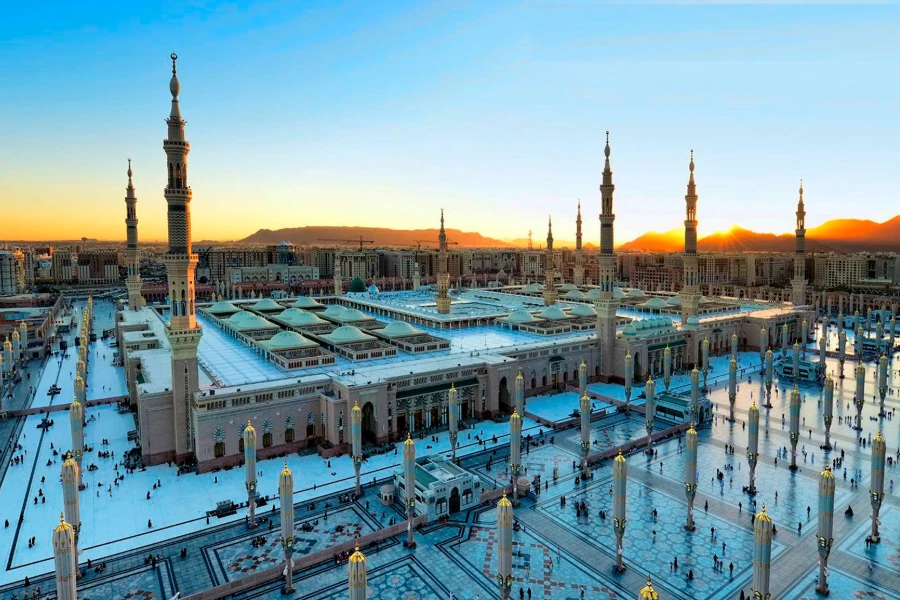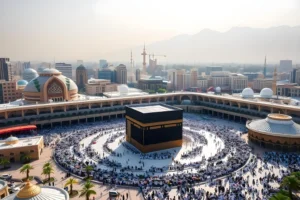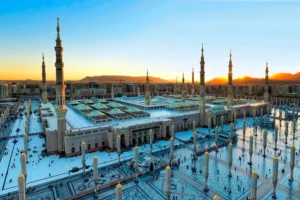Have you ever done Umrah? The steps and activities might seem confusing if you haven’t done Umrah or Hajj. Umrah isn’t as difficult as you might believe. Consider Umrah as a smaller version of Hajj.
Many Muslims try to go to Umrah at least one time. Hajj is required for all healthy Muslims who can afford it at least once in their life, but Umrah is not required. Whether it is needed or not can depend on what beliefs you follow.
In the Hanafi and Maliki beliefs, Umrah is not required, but it is seen as an important practice that is strongly recommended. The other two beliefs, Shafi’i and Hanbali, think it is required just like Hajj. Find out if Umrah is required here. Like many topics about faith, scholars have different views on this. We’re not here to tell you if you have to do it or not. We’re here to explain how to do Umrah in simple and easy steps. Let’s dive in.
Benefits of Umrah
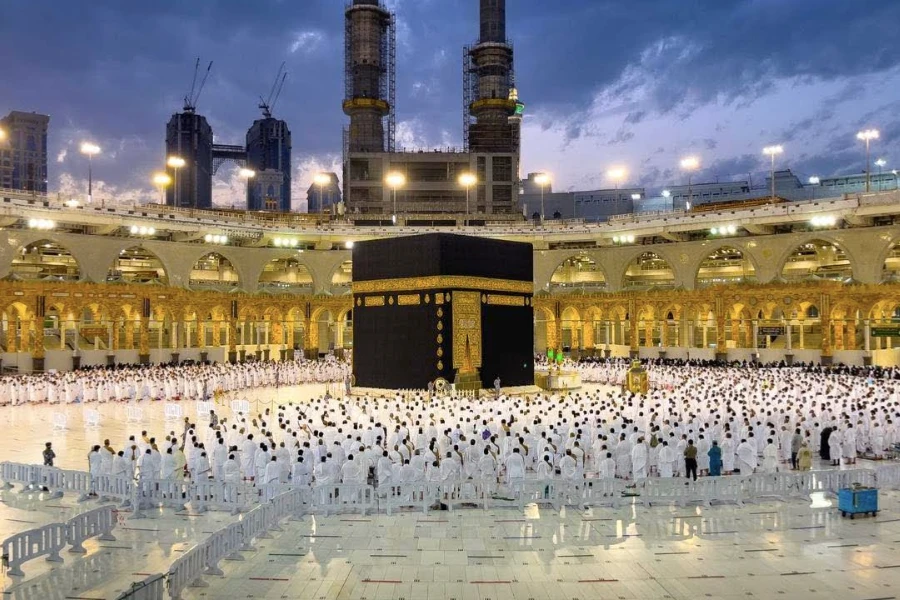
No matter what beliefs you have, many good things and blessings come from doing Umrah.
Abu Hurairah reports that Allah’s Messenger (peace be upon him) said, “Doing Umrah helps remove the sins done from the last Umrah to this one. ” “The reward for a Hajj Mabrur (a pilgrimage accepted by God) is only Paradise. ” [This is told in Sahih al-Bukhari]
Abu Hurairah reported that the Messenger of Allah (peace be upon him) said, “People who go for Hajj and Umrah are like special guests of Allah.” “If they reach out to Him, He will reply; if they ask for His forgiveness, He will forgive them. ” [This is found in Sunan Ibn Majah]
The Messenger of Allah (peace be upon him) said, “Do Hajj and Umrah one after the other because they get rid of poverty and sins, just like a furnace cleans dirt from iron. ” [This is a story from Sunan al-Nasa’i]
Types of Umrah
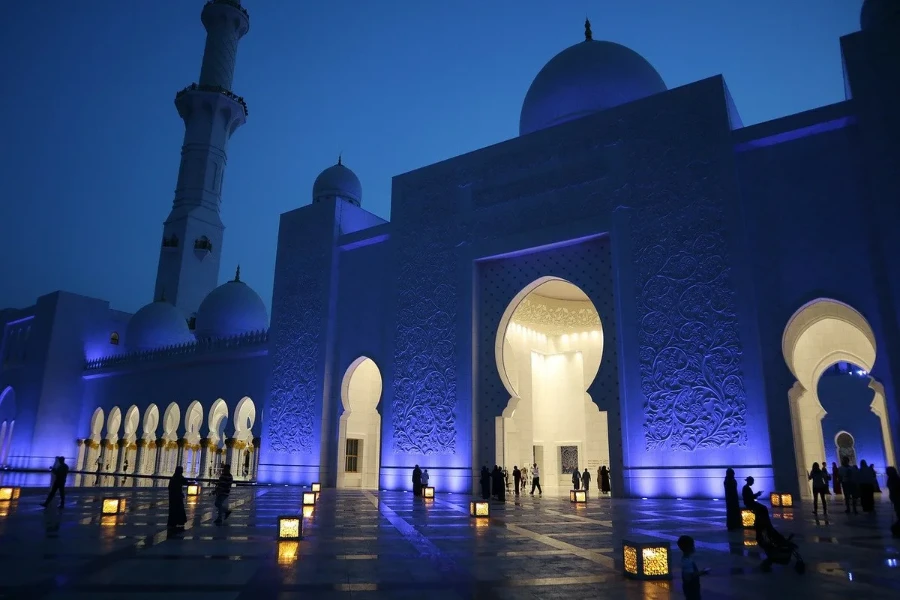
There are two kinds of Umrah that you can do.
Umrah Al-Mufradah: This type of Umrah can be done at any time of the year and is not connected to Hajj. You cannot do this kind of Umrah during the Hajj days. You can do Umrah anytime, but it is strongly encouraged to do it during the month of Ramadan. The Messenger of Allah (peace be upon him) told a woman from the Ansar, “During Ramadan if you do Umrah, it is like doing Hajj. ” [Told in Sunan an-Nasa’i]
Umrah Al-Tamattu: This type of Umrah is done in the month of Dhul Hijjah, right before the Hajj starts. It is the most usual type of Umrah during the Hajj season. Hajj Al-Tamattu is the name for this type of Hajj.
Rules for Umrah
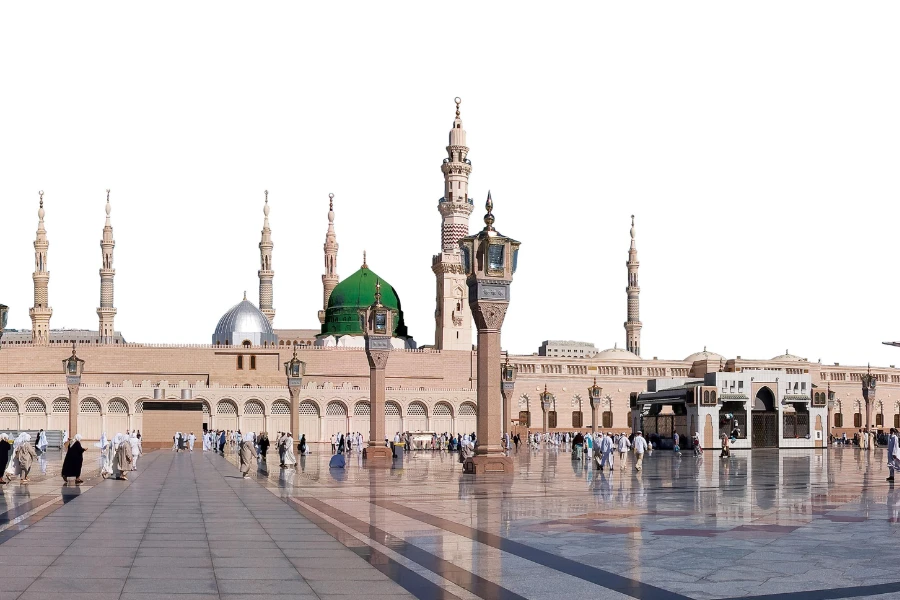
To do Hajj and Umrah, some rules must be followed for the pilgrimage to be accepted. The rules are the same for Hajj and Umrah.
1. Islam should be your faith: Only Muslims are allowed to perform these spiritual duties.
2. Maturity: Kids can do Umrah, but they don’t have to, just like they don’t have to fast or pray. It’s wonderful to take kids to see the beauty of Umrah, Makkah, and Madinah. You earn rewards and have responsibilities for doing Umrah only after you grow up and become a teenager.
3. Sanity: This means you need to be in full control of your mind.
4. Financially able: You need to have enough money to pay for the trip and everything it costs, like travel and accommodation, without getting into debt. You need to have enough money to take care of any family members or people you are responsible for living with you. You need to be healthy enough to perform the Umrah rituals.
5. Transportation: You need a way to get to Makkah that is safe and doesn’t cost too much.
6. Mahram: Women need to be with a family member they can’t marry. A mahram is a male family member who cannot marry a woman because they are related by blood.
A brother, dad, son, siblings from breastfeeding, uncle, and father-in-law. A woman’s husband is also considered a close male relative she cannot marry. The Saudi Arabian government has removed the requirement for women to have a male guardian (mahram) to go on Umrah or Hajj. However, this is an Islamic rule, and different scholars have different views about it.
The Basics of Umrah
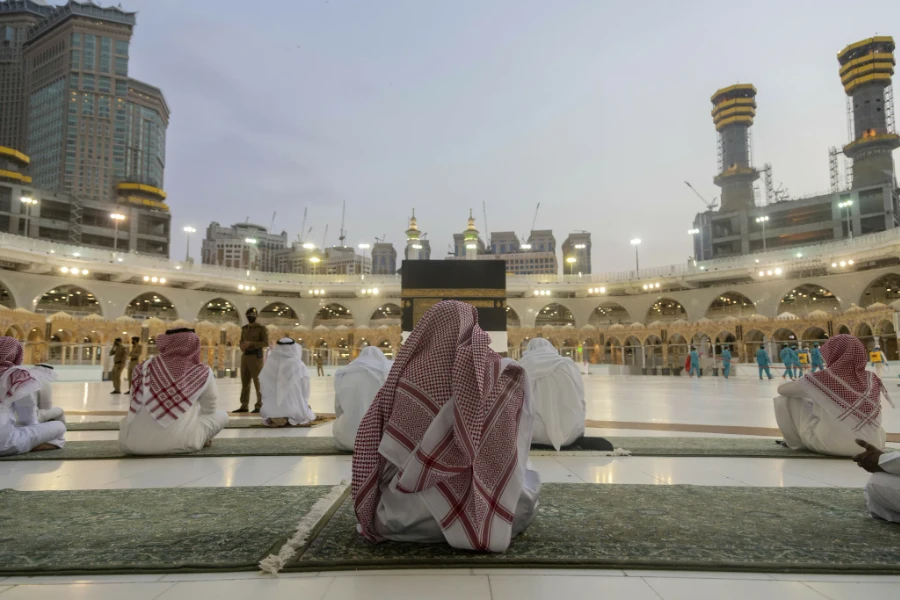
Okay, now let’s discuss what you need for Umrah and how to do it.
Ihram
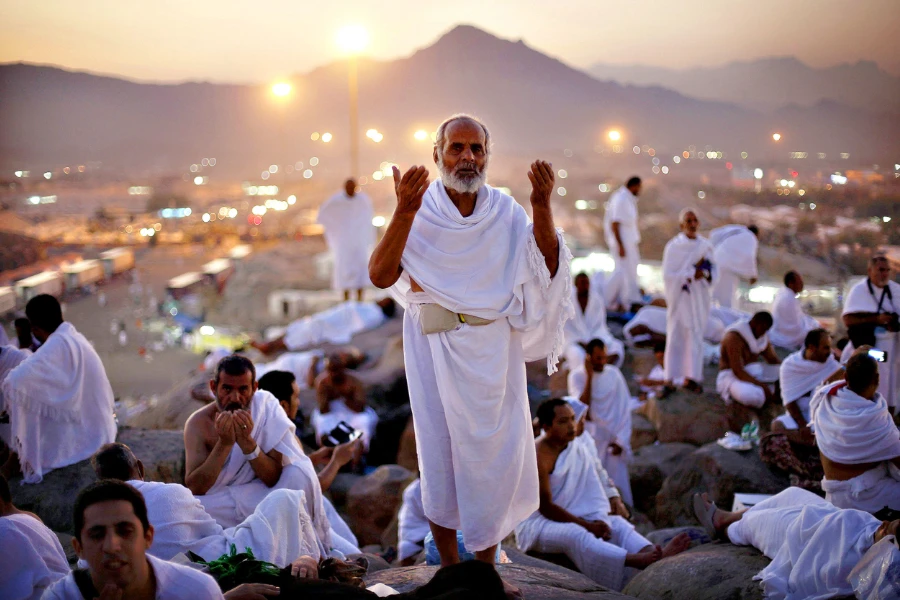
Ihram is the special condition of being clean that people need to be in before they enter the area around Makkah. This state has some rules that the pilgrim must follow while doing Umrah. You end the state of Ihram when you finish the minor pilgrimage rituals and cut your hair, which is the last part of Umrah. The two-part white outfit that men wear and the clothes that women wear are both called Ihram.
Before traveling, the pilgrim should wash their body, do a small washing (wudu), cut their nails, and remove hair from their underarms and pubic area. The goal is to clean yourself before starting the Umrah trip. Pilgrims will put on their special Ihram clothes before reaching the Miqat.
It is a recommended practice to pray two units of prayer before starting Ihram. It is suggested to read Surah Al-Kafirun in the first prayer unit and Surah Al-Ikhlas in the second. When you get to the miqat (the place where you need to enter a special state for Umrah), either by plane or by traveling there, take a moment to refresh your intention to perform Umrah. It is suggested to say your intention, or niyyah, both out loud and in your mind. You can express the intention in one of these ways:
- Dear God, I am here to do Umrah.
- Oh Allah, I plan to do Umrah.
- Dear God, I want to go to Umrah, so please accept it from me and help me do it easily.
Talbiyah
After you say your intention, it’s important to say the Talbiyah. Not saying the Talbiyah will make your Umrah not count. After you say the Talbiyah prayer, you are now in the Ihram state and are called a Muhrim. It’s important to know the rules and punishments of Ihram when you are wearing it as a Muhrim. If you break the rules of Ihram, you have to do certain religious penalties.
Say the Talbiyah as often as you can while going to the Kaaba to do tawaf. But when you start your tawaf and sa’i, stop saying the Talbiyah.
Tawaf
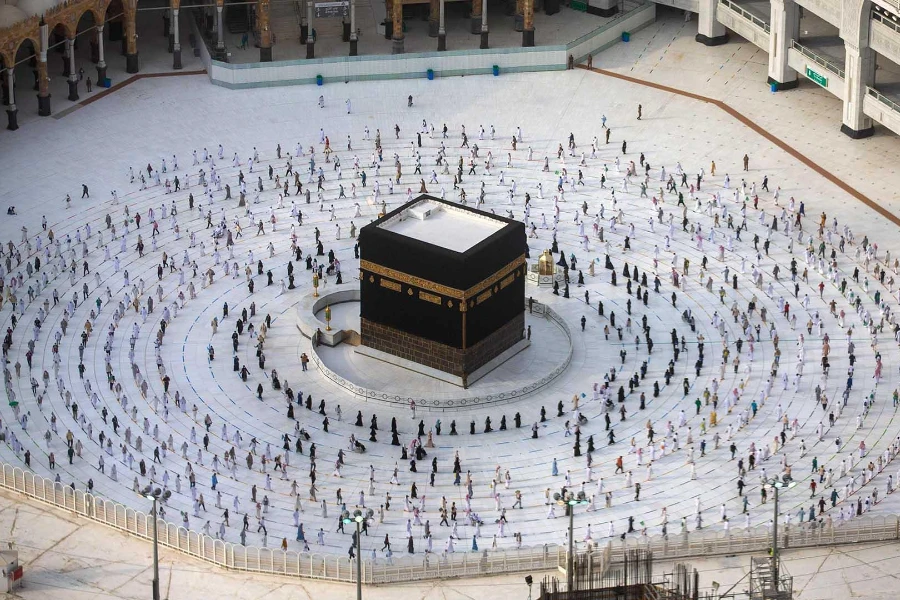
Start at the Black Stone. Say this prayer at the Black Stone. You can kiss the Black Stone, touch it, and then kiss your hand, or you can just point at it without kissing your hand.
Go from the Black Stone to the Yamaani corner. Don’t touch any other part of the Ka’bah. You can say any prayer you want. When you get to the Yamaani corner, you can touch it if you are close, but don’t kiss it or kiss your hand. Keep moving with your tawaf, going around back to the Black Stone, and say this prayer for tawaf.
Your first tawaf finishes where you started, at the Black Stone. Now start your second tawaf and do the same things again. You need to walk around the Kaaba seven times to finish your Tawaf properly.
Easy, right Just a few more things to mention:
Don’t enter the Hateem. If you go into the Hateem area, that round of circling the Kaaba won’t count, so you will need to do it again.
For the first three tawafs, men should jog slowly. This is called Ramal. Women should walk normally during all seven rounds. Men should walk like normal people during the last four tawafs.
The Tawaf you are doing is called Tawaf Al-Ifadah. To finish it, you need to pray at Maqam Ibrahim and drink Zamzam water.
Maqam Ibrahim
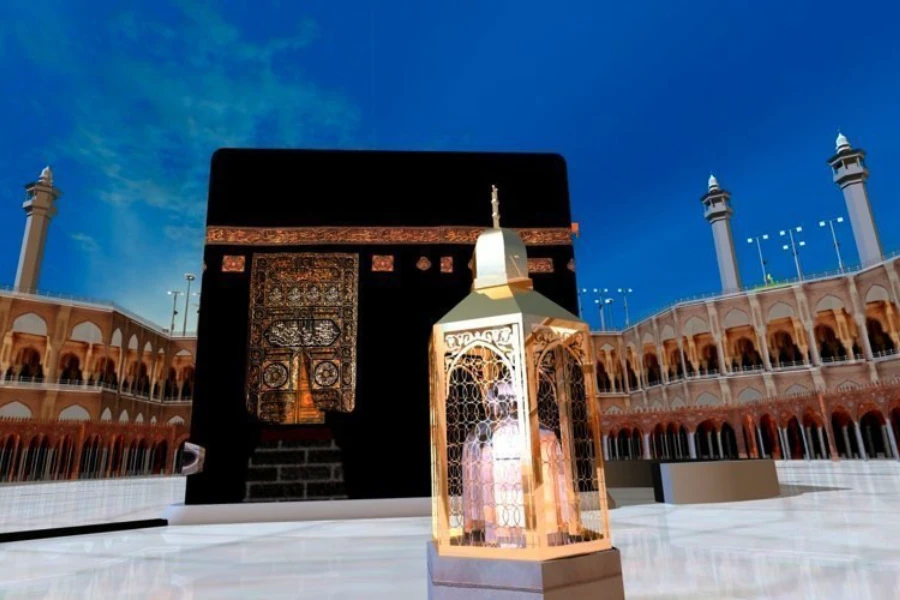
After finishing Tawaf, head to Maqam Ibrahim while saying the ayah. Stand so that Maqam Ibrahim is in front of you and the Ka’bah is behind it. Don’t try to stand right in front of it – there will be way too many people. You can be anywhere in Al-Masjid Al-Haram as long as the
Maqam is in front of you and the Ka’bah is behind you. Pray for two units. It is suggested to read Surah Kafiroon in the first rakat and Surah Ikhlas in the second rakat, after reading Surah Fatihah.
After Maqam Ibrahim
Visit any Zamzam water location. Drink Zamzam water while you are standing up. It’s also a good idea to pour water over your head. Say this prayer while drinking Zamzam water.
Now you need to leave Al-Masjid Al-Haram to do Saee, so say the prayer for leaving the mosque.
It may seem like there’s a lot to remember, but the steps are pretty easy once you know them by heart. In simple words: To recap, earlier you entered the state of Ihram. You have walked around the Kaaba seven times while saying prayers prayed two units of prayer, and drunk Zamzam water.
Sa’i
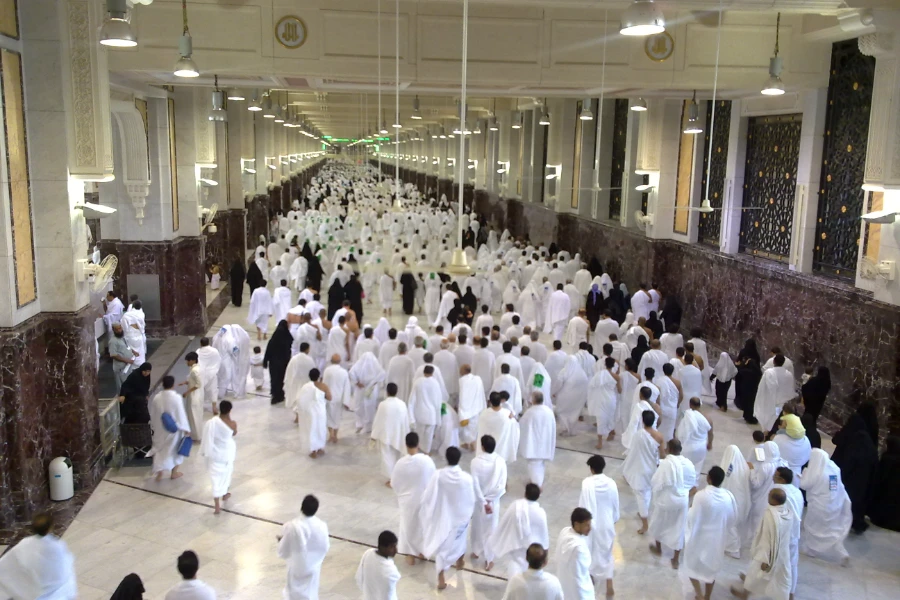
It is suggested to do wudu, but it is not required. Menstruating women should do Sa’i. On your way to Sa’i, you can say this verse about Safa and Marwah. Start walking back and forth between Safa. You need to run back and forth between the hills of Safa and Marwah seven times. Walking from Safa to Marwa is one round, and walking from Marwa back to Safa is another round.
Only men need to run part of the distance. This area is marked with green tube lights.
At the top of each hill, say this prayer (like the Eid takbeer) three times. You can say your special prayers after this.
That’s You’ve finished Sa’i after walking seven times, and you’ll end at Marwah. You have now finished the first part of Hajj, which is like ‘Umrah. If you are doing Hajj Tamattu’ (which most pilgrims do), it’s time to take off your Ihram.
How do you finish Ihram?
For men, this means cutting or shaving their hair and changing from Ihram clothes to regular clothes. For women, this means cutting their hair a little bit, just the width of a fingertip. Then the condition of Ihram is over, and the rules of Ihram no longer apply.
If you were doing Umrah, you have finished it now.
Conclusion
Doing Umrah is a very meaningful and fulfilling experience for Muslims. It helps them feel closer to Allah and ask for His forgiveness and blessings. This easy guide is meant to help pilgrims learn about the practices and ceremonies of Umrah, so they can start this holy journey with respect, dedication, and assurance. I hope that everyone who goes to Umrah feels a deep sense of peace and happiness and that their hard work is recognized by God.


